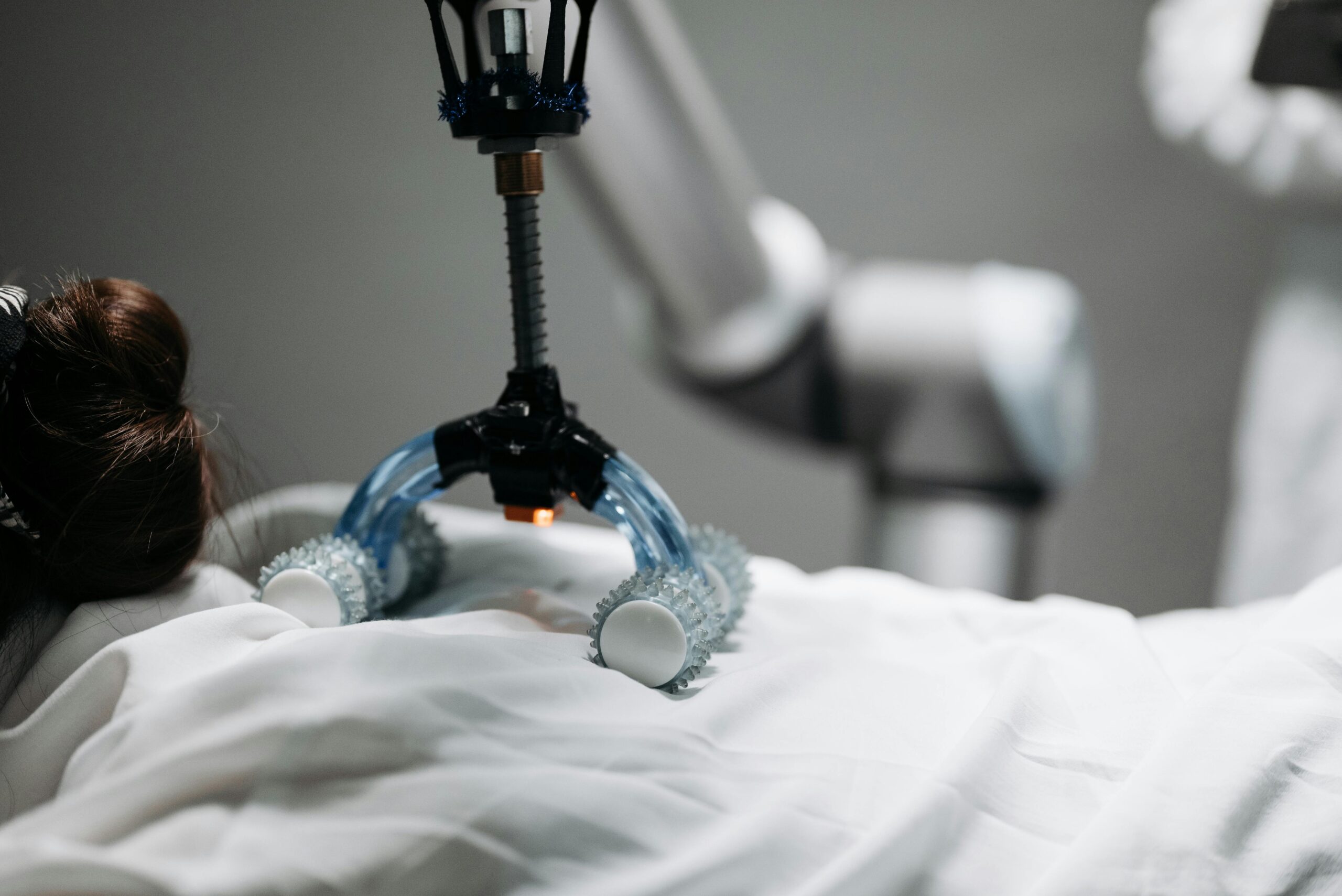The healthcare industry has witnessed remarkable advancements in technology, revolutionizing the way medicine is practiced. Among these advancements, digital technology has had an unparalleled impact on healthcare delivery and the roles of clinicians.
Today, the use of EHR systems and other technologies in patient engagement and treatment planning has become standard practice. Laptops and tablets have become as commonplace in healthcare settings as stethoscopes, with growing evidence of EHRs positively impacting access to health information.
However, the accumulation of vast amounts of unintegrated and unstandardized data has presented a challenge. Many healthcare organizations possess substantial data that could be used to improve procedures and practices yet lack the tools or expertise to extract valuable insights. Emerging technologies such as cloud computing, blockchain, and AI-powered tools based on machine learning are aiding healthcare organizations in uncovering patterns within large datasets, enhancing data security, and facilitating data management.
As the healthcare industry confronts new challenges, technology solutions are helping leaders improve performance, increase collaboration across systems, and manage costs. These solutions streamline processes, automate tasks, and improve workflows at a scale beyond human capability. With the shift towards value-based healthcare reimbursement models, these technological advancements enable healthcare professionals to enhance patient care, create better experiences, and reduce burnout.
The benefits of technology in healthcare are significant. It enhances patient care and experiences by providing a comprehensive view of performance and automating measurement to identify areas for improvement. Real-time information exchange allows different stakeholders to access health records when needed, promoting interoperability. Technology offers flexibility for patients and clinicians through telemedicine, patient portals, and wearable devices that enable remote communication and monitoring.
Artificial intelligence (AI) is playing a critical role in healthcare by supporting clinical decision-making and extracting valuable insights from extensive datasets. AI-enabled tools sift through electronic records, notes, images, sensors, and devices to identify trends, improve patient care, and facilitate medical research.
Technology is ingrained in modern healthcare, from diagnostic imaging scanners to wearable sensors. It has not only transformed treatments and medical procedures but also improved various healthcare business processes. Appointment scheduling, access to records and test results, and secure communication with providers through digital platforms have become standard conveniences.
Technology innovations in healthcare support advancements in disease diagnosis and treatment through AI-driven analysis of medical images and disease modeling. Medical imaging benefits from computer-assisted analysis, aiding radiologists in managing the vast volume of images and detecting anomalies. Cloud technology, analytics, and mobile technology optimize healthcare operations, while technology revolutionizes the way clinical trials are conducted, making data collection more efficient and convenient through smart devices, telehealth visits, and sensors.
In summary, the integration of technology in healthcare has transformed medical practices, improved patient care, and enhanced operational efficiency. By leveraging technology solutions, healthcare organizations can navigate the evolving landscape, deliver high-quality care, and meet the demands of patients across all demographics.



